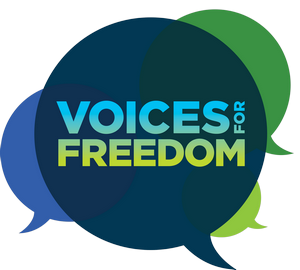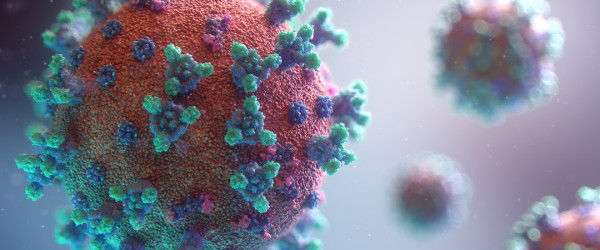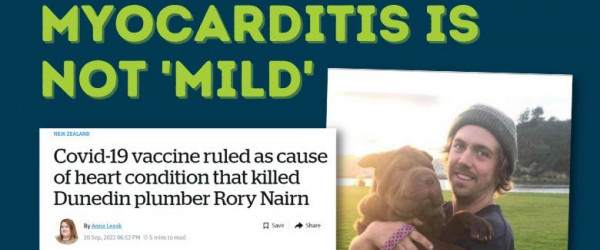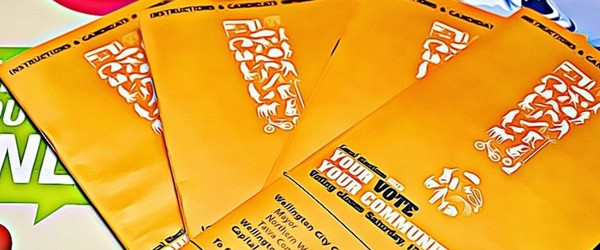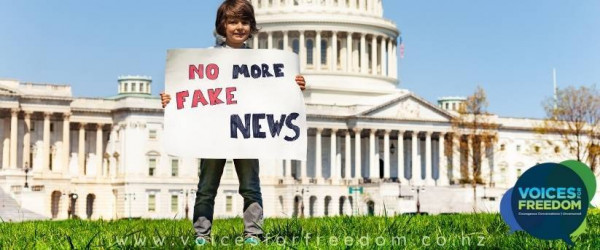
How Many Facts Can A Fact-Checker Check Before A Fact-Checker Gets Fact-Checked?
Misinformation, false claims and anything that poses a risk of imminent harm. That’s what Facey (Facebook) tells us they’re going to be cracking down on now that the COVID-19 vaccines are set to fly off the Arctic-cooled shelves.
I wonder if they mean like the way any posts and videos describing how vitamin D (C, zinc etc.) might work as a preventative or treatment for COVID-19, miraculously vanished early on, with the helping hand of Big Tech? That same advice has since been found to be 100% accurate and backed up in scientific studies. How many lives might have been saved had that advice been allowed to circulate and be shared amongst the public and medical professionals?
Apparently, from now on any discussion that “…could include false claims about the safety, efficacy, ingredients or side effects of the vaccines”, will be under particularly close scrutiny.
So, who gets to decide what qualifies as misinformation or false claims? Is some pimply employee sitting in a Fact Checker’s office, using Wikipedia as a source, the one who gets to throw a big red cross over someone’s post?
What criteria need to be met in order to be deemed a threat of imminent harm? It seems that’s anyone’s guess.
Apparently, advice from public health authorities gets a look-in, which will be fabulous if they keep flip-flopping as we’ve seen from the WHO, Fauci, Bloomfield, Nanogirl and our PM in relation to masks.
Thankfully we’re going to be well protected and fully informed from non-biased sources from here on in (insert eye-roll).
REFERENCES
Thanks for reading and sharing! Remember to sign up to our mailing list to keep up with the latest news.
If you value what we are up to at Voices and would like to support our ongoing work you can donate to us and support our nationwide public education campaigns (webinars, flyers, billboards...) and other initiatives to speak up and push back for your freedoms.
